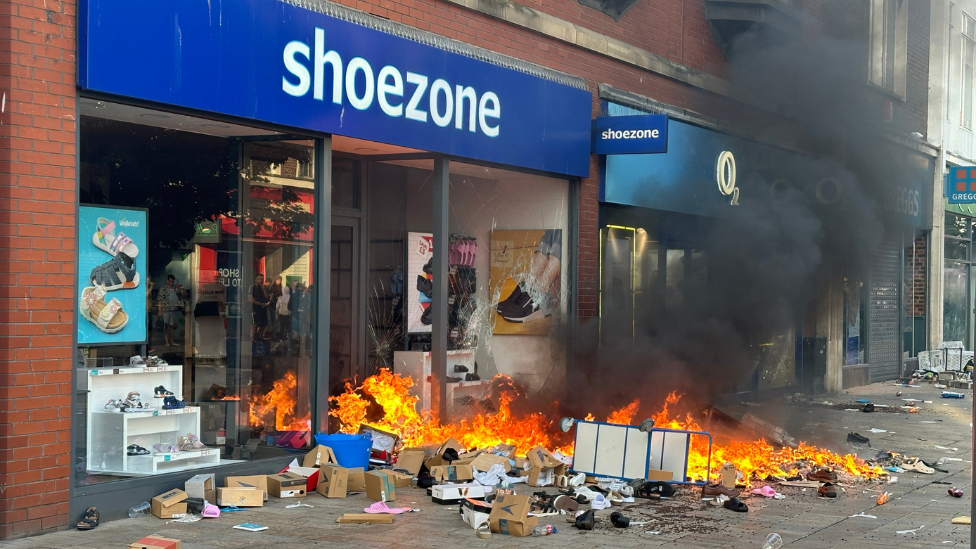Hull riot: 'People are too scared to stay and eat'
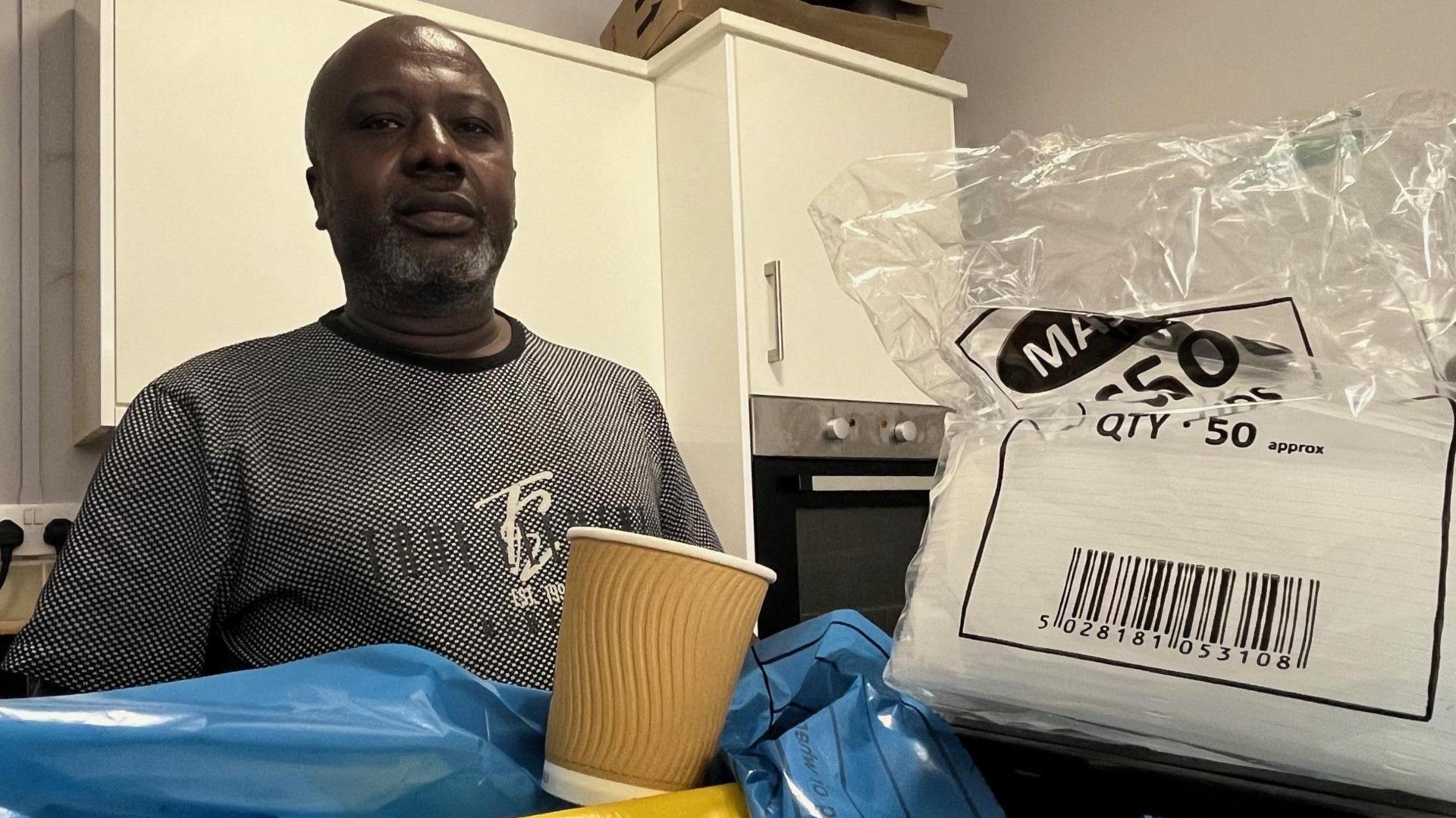
Francis Ahiakpa, from Humber All Nations Alliance, says people are too scared to visit the centre following the riot in Hull
- Published
Looted shops have been repaired and replenished, fires put out and glass swept up. But for the communities left in fear by the riots, the return to normality is taking much longer. BBC News visits Hull, one of the numerous towns and cities affected.
Francis Ahiakpa is standing in the cramped kitchen of Humber All Nations Alliance (HANA), an organisation that has been supporting migrant communities for nearly 20 years.
In front of him are dozens of polystyrene containers where there should be stacks of plates.
"We hold a weekly breakfast food bank," explains Mr Ahiakpa, the organisation's chief officer. "It's not just about feeding people; it's an opportunity to come together and talk.
"But people have been too scared to stay and eat with us, because they think someone will walk in and attack them, so we've been giving food out in takeaway containers.
"We've even been delivering to people's homes."
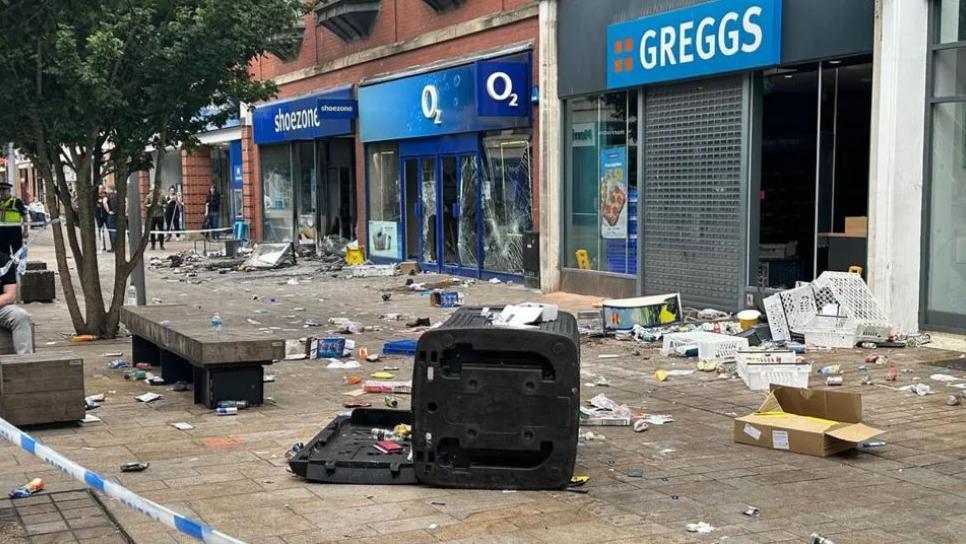
Shops including Greggs, Shoezone and O2 were damaged during the riot on 3 August
Nearly two weeks on from the 3 August riot, when shops were looted and police attacked with bricks and fireworks, there are few physical reminders of the trouble.
But fears linger.
"The level of fear is still really high," says Mr Ahiakpa. "People are still saying to me, 'I'm not sure I can come to your offices, can you please bring me [a food parcel] again?' That is the level of anxiety."
It is not the Hull that Mr Ahiakpa – who came to the UK from Ghana in 2002 to study for a masters degree in business management – knows and loves; the home of William Wilberforce, the MP who played a pivotal part in abolishing the British slave trade in 1807.
"That level of hatred," he says, shaking his head. "I never thought I would see that here, in 2024. Not in my wildest imagination did I see it coming here. I was surprised, shocked and saddened."
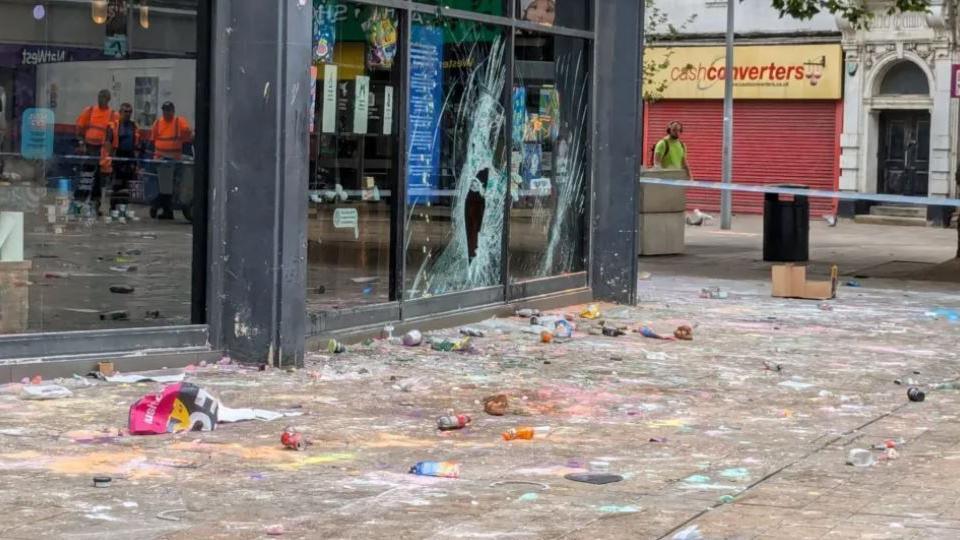
The Lush cosmetics store was one of several targeted by looters
Angela Murden, of the Hull African Caribbean Association, says the riot has had "a ripple effect".
Her organisation also runs a food bank. Last week, they gave out just 12 food bags when usually between 30 and 40 are distributed.
"People are keeping away," she says.
Unlike Mr Ahiakpa, she saw the riot coming. "It's the misinformation. Social media. Rumours.
"Look at the ease at which they rioted. They had no respect for people or property."
According to Humberside Police, 29 people have been charged and more than 60 arrests made in connection with the disorder. Some of the rioters have already been jailed.
Ms Murden says she welcomes the custodial sentences, but believes that alone will not prevent a reoccurrence.
"There is a desperate need for education, it's a big problem," she adds.
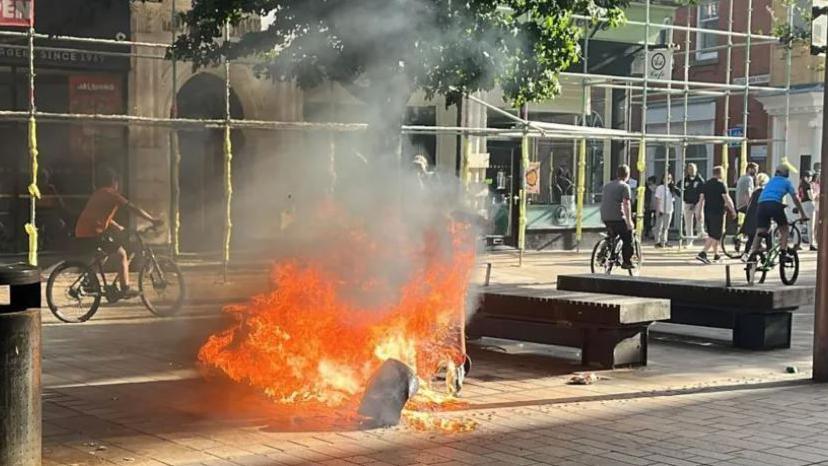
A bin fire burns following the disorder in Hull
Syed Shah, from Humber Community Advice Services, which provides information and advocacy services to people from minority ethnic communities, takes a holistic view towards those responsible.
He refuses to label the rioters as "bad people".
"Things are never black and white," says Mr Shah, who moved to the UK from Afghanistan in 2022 with his wife and two children. "You can't divide everyone into good and bad."
It is clear who Mr Shah blames for the disorder. "People who are misinformed and are fed false information will do things they would not normally do," he says.
"If you are continually saying foreigners are coming over here and taking jobs, some will believe it. It was bound to happen. Not everyone who took part in the rioting will be bad people. Many will come from good families.
"Setting fires to shops and stealing things is not normal behaviour. People will have found themselves dragged in."
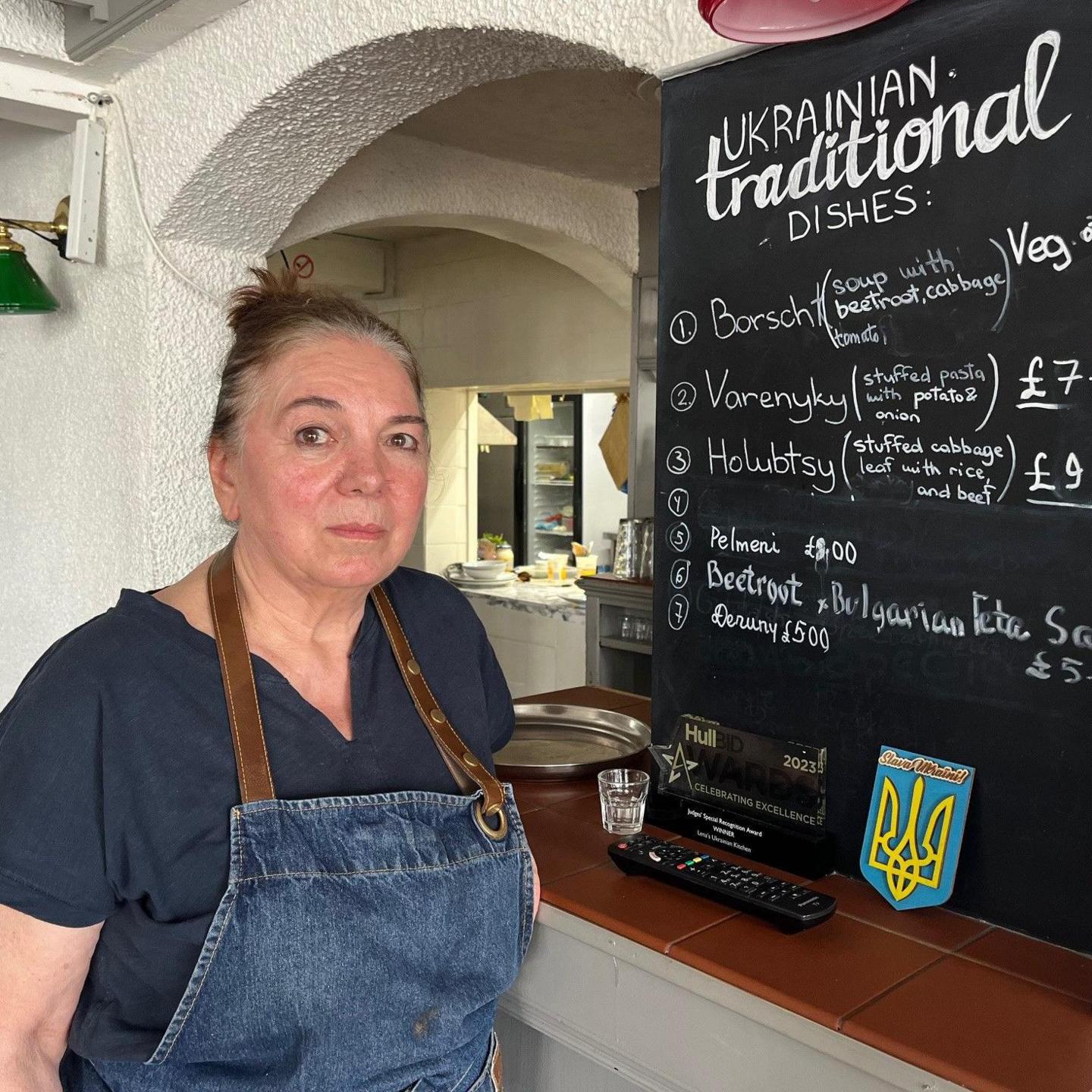
Lena Sutherland closed her Ukrainian restaurant for two days
Restaurateur Lena Sutherland has lived in Hull since 1996, after moving to the UK from her native Ukraine.
During the trouble, and fearing for the safety of her staff and customers, she made the decision to close her business, Lena's Ukrainian Kitchen, for two days.
"Everyone was so scared," she says. "People are still feeling not very good.
"There is more pressure on foreigners now, but what people need to understand is that most foreigners work. In Ukraine, you are brought up to work. Nobody wanted to just get by on Universal Credit. There are enough jobs for everybody who wants to work."
Ms Sutherland believes those who rioted "were looking for an opportunity to go wild". She labels them "bandits".
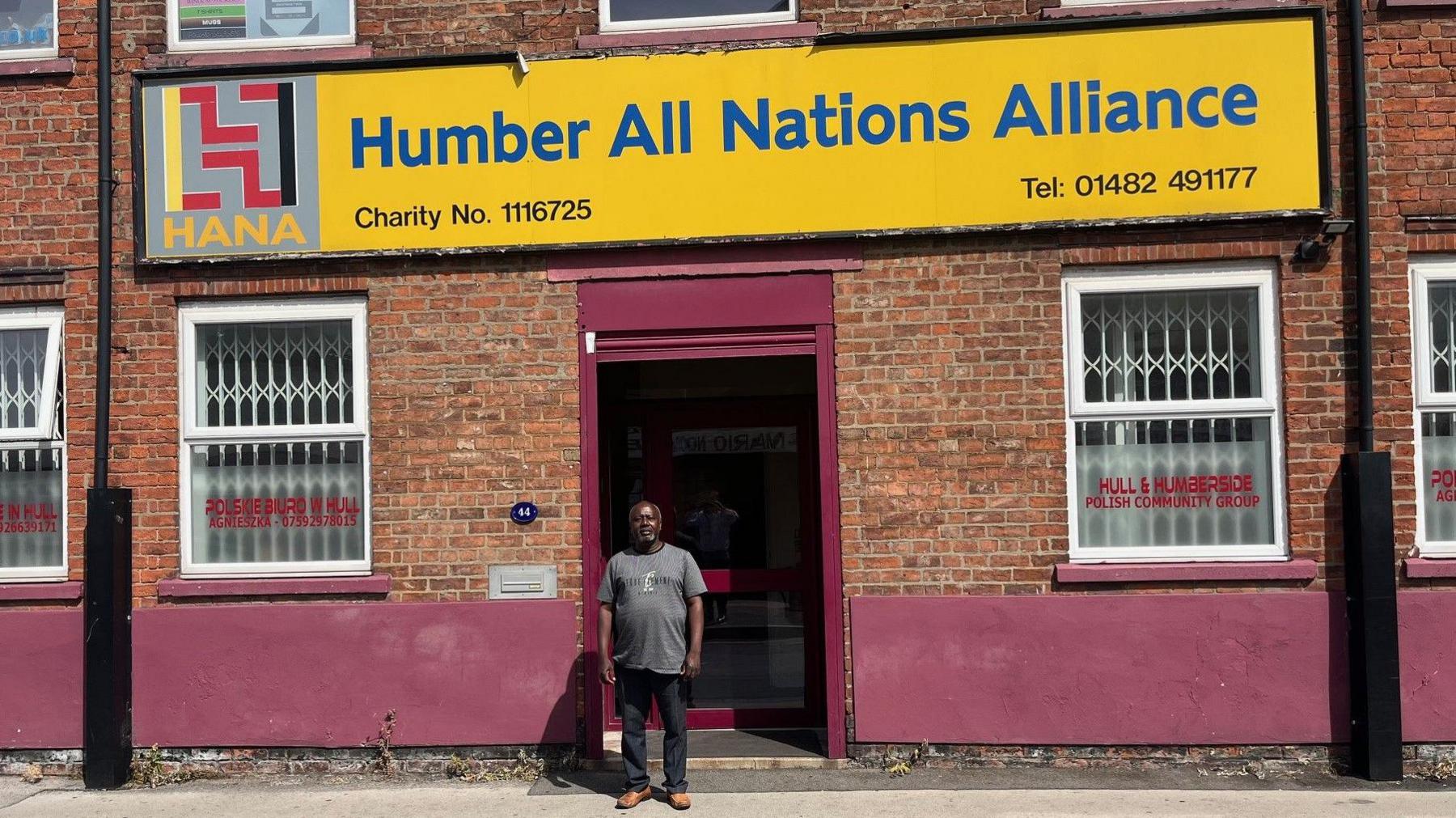
Mr Ahiakpa says members of Humber All Nations Alliance will visit more schools to educate children about cultural differences
Back at HANA, Mr Ahiakpa believes "a cultural conversation" needs to be had and is vowing to arrange more visits to schools and colleges.
"Every time we go into schools we find children who are incredibly curious about different cultures," he says.
"The key to preventing future rioting is talking. We need to have honest conversations in our communities about race – and that needs to begin in our schools."
Mr Ahiakpa believes those who rioted need to consider the "bigger picture".
"A large number of staff in our hospitals are migrant workers," he says. "Would they be prepared to wait longer to see a white doctor or nurse?
"When they go on their holidays, would they refuse to board the aeroplane if they discovered the pilot was black?"
Follow BBC East Yorkshire on Facebook, external, X (formerly Twitter), external and Instagram, external. Send your story ideas to eastyorkslincs.news@bbc.co.uk, external
Related topics
- Published12 August 2024
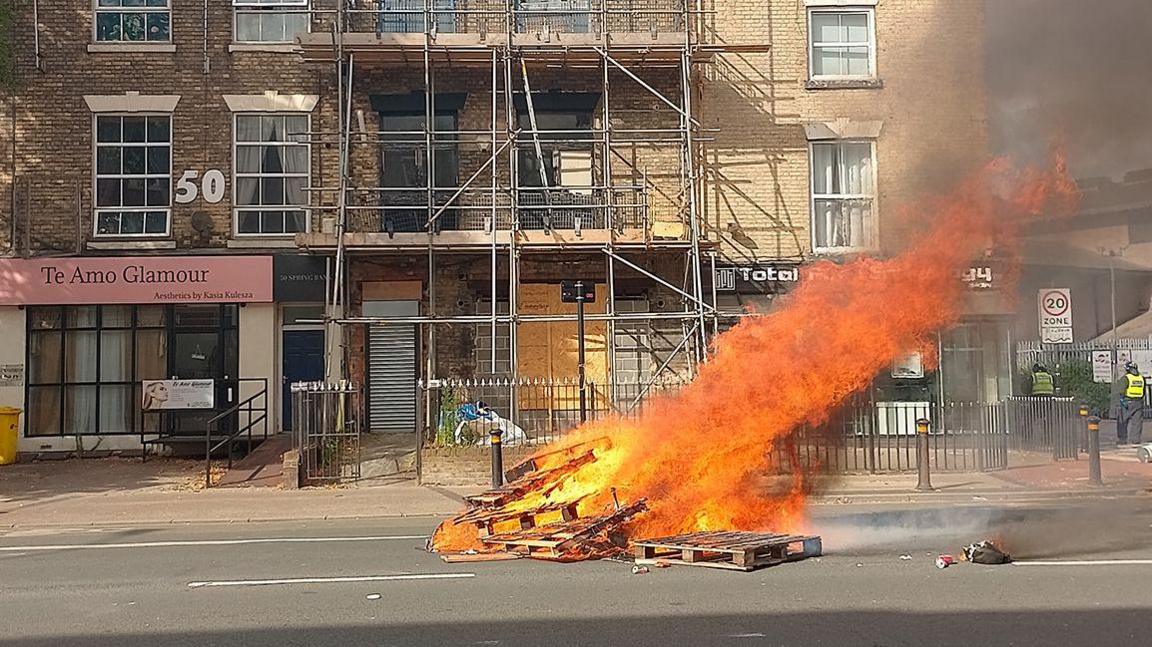
- Published9 August 2024
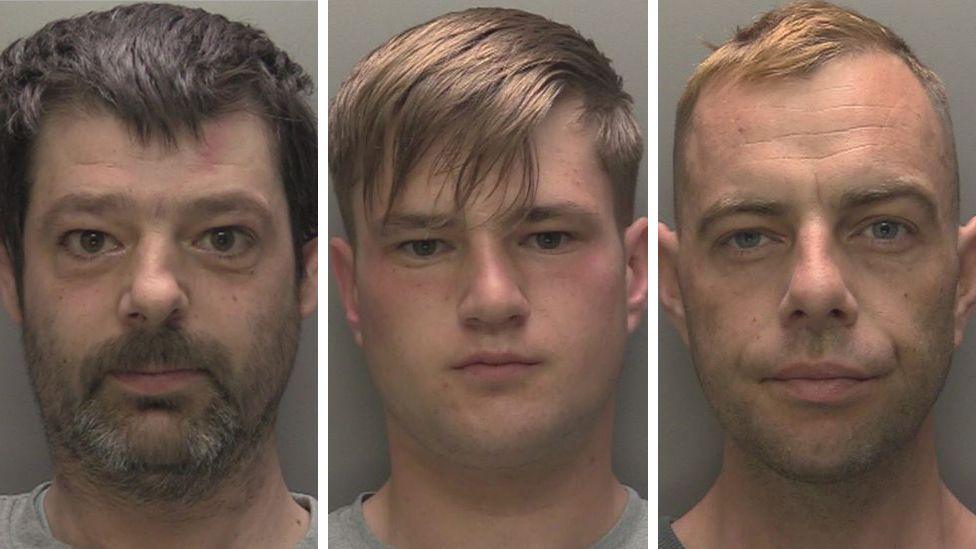
- Published9 August 2024
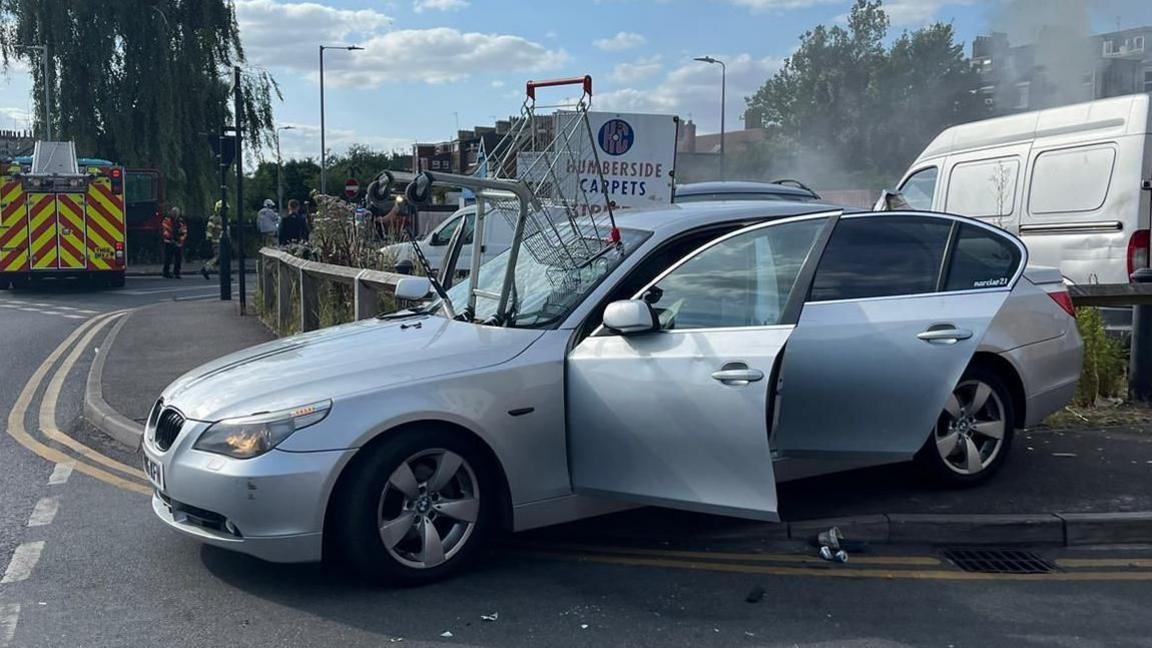
- Published8 August 2024
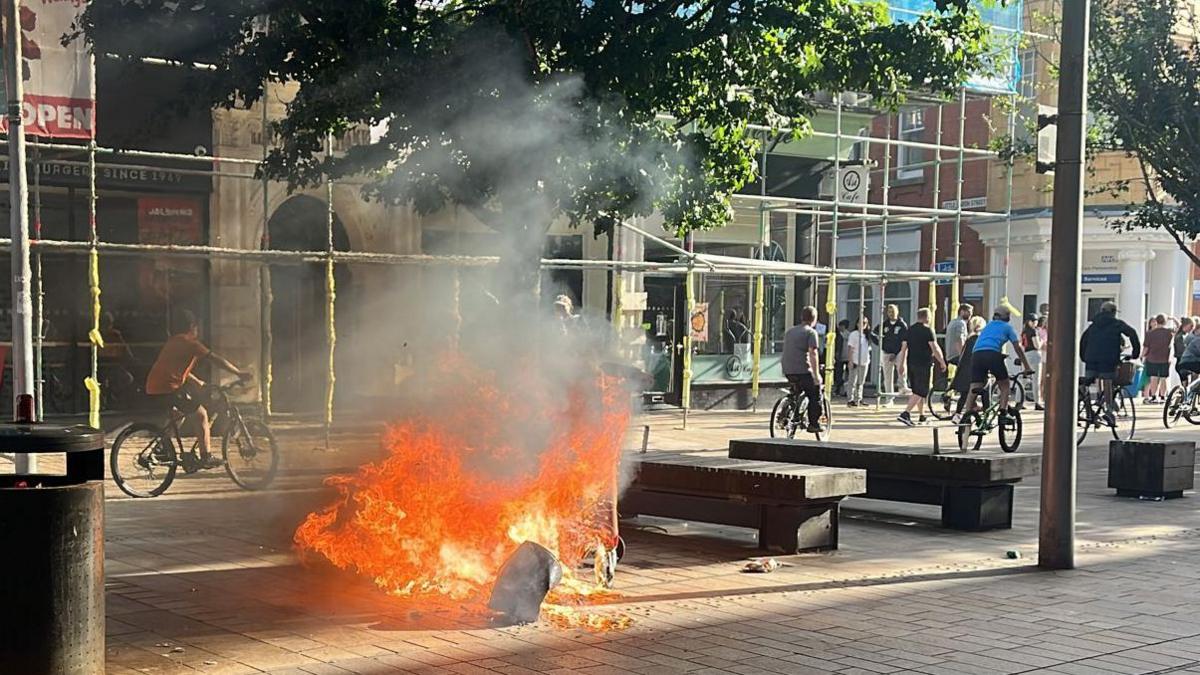
- Published13 August 2024
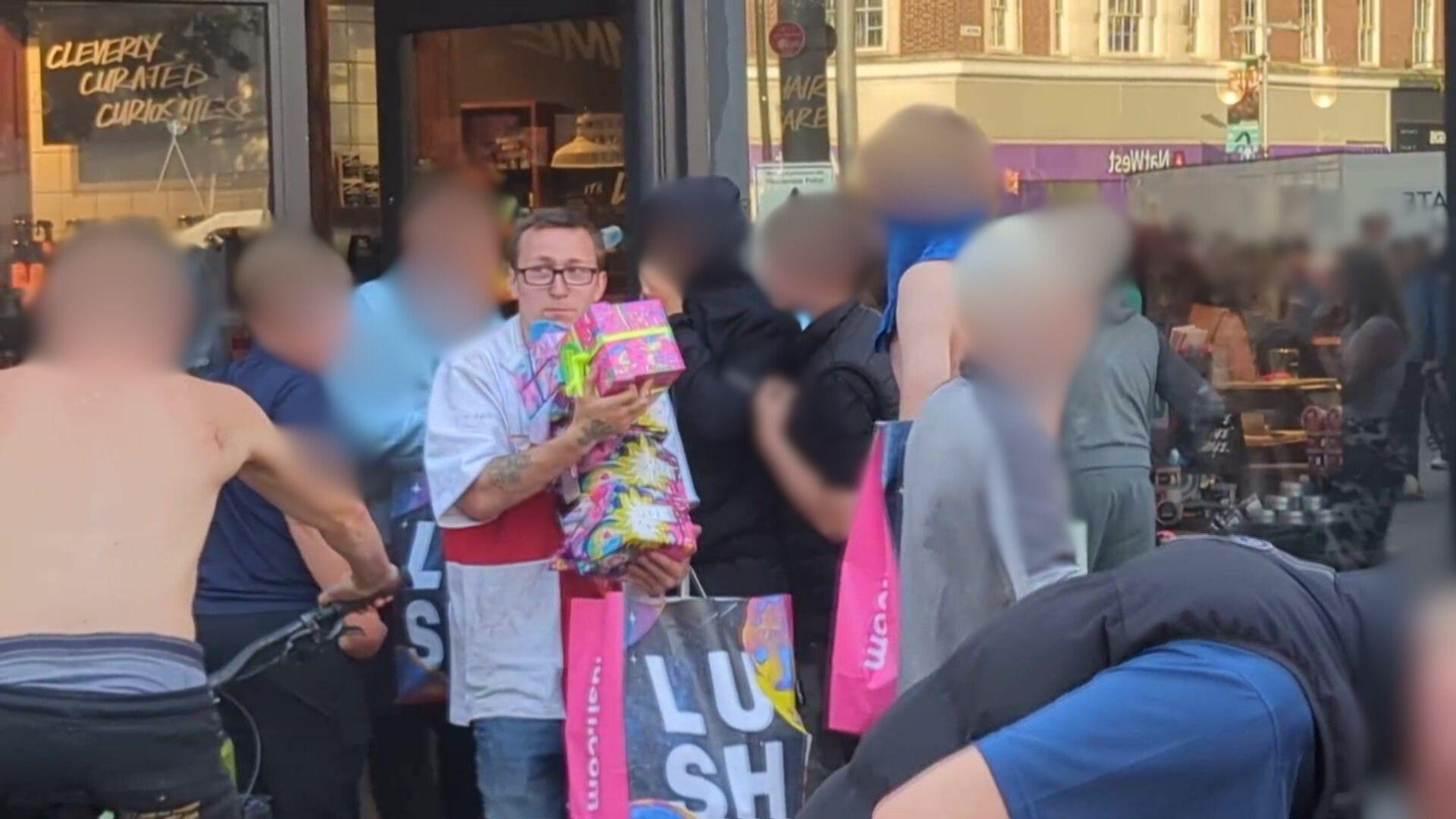
- Published12 August 2024
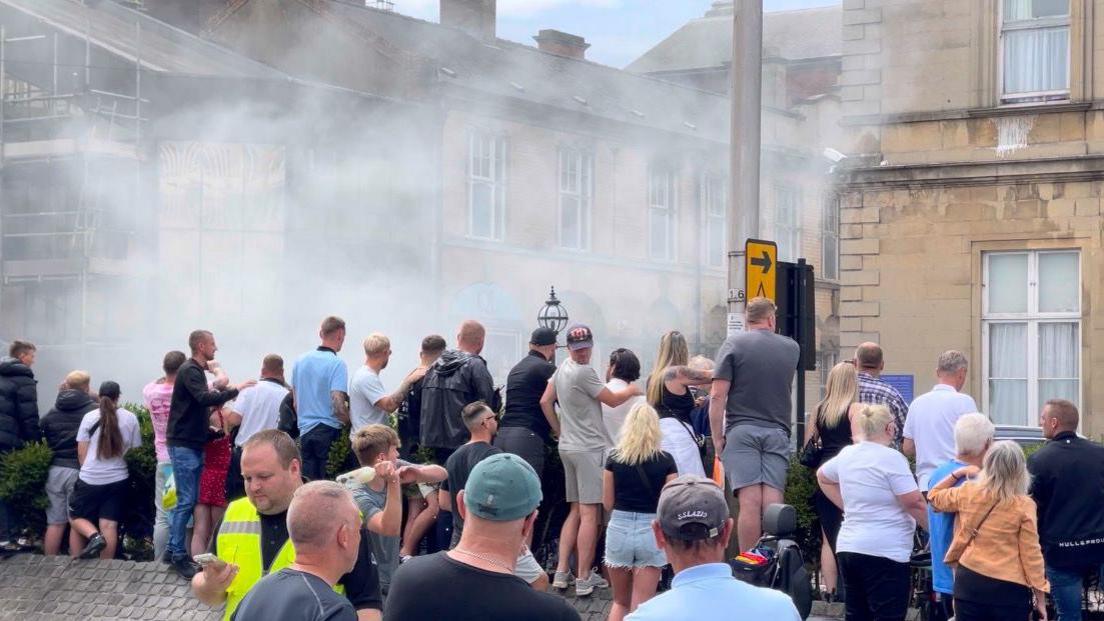
- Published9 August 2024

- Published10 August 2024
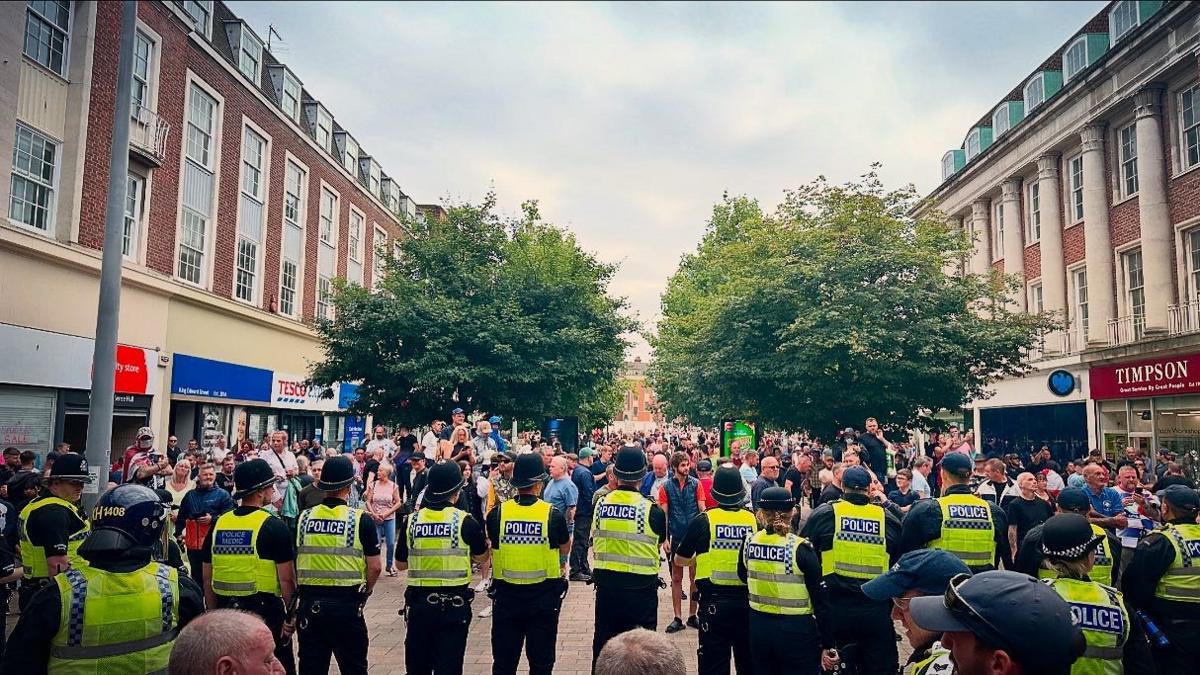
- Published3 August 2024
